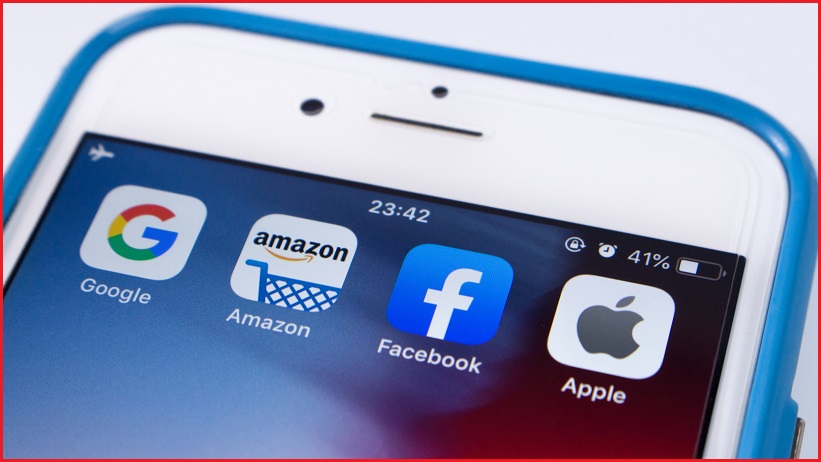The bosses of the biggest tech companies in the world have fronted a US Congress antitrust hearing, with the “emperors of the online economy” all arguing that they face significant competition from each other and a range of other companies, thank you very much.
Amazon’s Jeff Bezos, Facebook’s Mark Zuckerberg, Apple’s Tim Cook and Google’s Sundar Pichai testified in front of a House Judiciary Committee hearing as part of its long-running antitrust investigation into the tech giants.
Each was forced to defend their companies practices and techniques of using their huge market power to acquire or stamp out competitors, including through the use of vast amounts of data.
But many of the politicians were left unimpressed with the tech exec’s arguments, with the subcommittee’s chair David Cicilline concluding that some of the tech companies need to be broken up, and the rest need to be properly regulated.
At the hearing, Bezos was unable to fully deny recent reports that Amazon had been using its unique data on third-party sellers to replicate their products and sell them for cheaper prices.
When asked if Amazon has “ever accessed or used third-party seller data when making business decisions”, Bezos replied that he “can’t answer that question yes or no”.
“What I can tell you is we have a policy against using seller-specific data to aid our private label business but I can’t guarantee that policy has never been violated,” Bezos told the hearing.
“I’m very proud of what we’ve done for third-party sellers on this platform.”
Members of Congress also cited “heartbreaking stories” of sellers having their products ripped off by Amazon, which now sells 158,000 of its own products.
“Isn’t it an inherent conflict of interest for Amazon to produce and sell products that compete directly with third-party sellers, particularly when you, Amazon, set the rules of the game?” Bezos was asked.
“The consumer is the one making the decisions,” the Amazon CEO replied.
In their opening addresses, all four CEOs argued that their companies exist in a competitive marketplace.
Pichai said that Google now faces searching competition from the likes of Twitter and Pinterest.
“We know Google’s continued success is not guaranteed,” he told the hearing. “Google operates in highly competitive and dynamic global markets, in which prices are free or falling, and products are constantly improving.”
The tech bigwigs also tried to downplay the size and power of their own companies, with Bezos saying that Amazon has a small share of the overall retail market compared to the likes of Walmart, and Cook saying that Apple “does not have a dominant market share in any market where we do business”.
Zuckerberg was forced to defend Facebook’s acquisition of potential competitors like WhatsApp and Instagram. In the case of Instagram, he argued that it was “far from obvious” that the photo and video-sharing platform would have succeeded without being bought out.
“It was not a guarantee that Instagram was going to succeed,” Zuckerberg said. “The acquisition has done wildly well not just because of the founders’ talent, but because we invested heavily in building up the infrastructure and promoting it and working on security and working on a lot of things around this.”
He was also questioned on allegations that Facebook had threatened to develop a similar camera product to Instagram if the acquisition went ahead.
“When the dominant platform threatens its potential rivals, that should not be a normal business practice,” Congresswoman Pramila Jayapal said.
Cicilline opened the proceedings by issuing a warning about the size and power of the four tech companies.
“Because these companies are so central to our modern life, their business practices and decisions have an outsized effect on our economy and our democracy,” he said. “Any single action by any one of these companies can affect hundreds of millions of us in profound and lasting ways.
“Their ability to dictate terms, call the shorts, upend entire sectors and inspire fear represent the powers of a private government. Our founders would not bow before a king. Nor should we bow before the emperors of the online economy.”
The committee will now produce a report on its conclusions.
“This hearing has made one fact clear to me: these companies as they exist today have monopoly power. Some need to be broken up, all need to be properly regulated and held accountable,” Cicilline said.
“We need to ensure the antitrust laws first written more than a century ago work in the digital age.”










